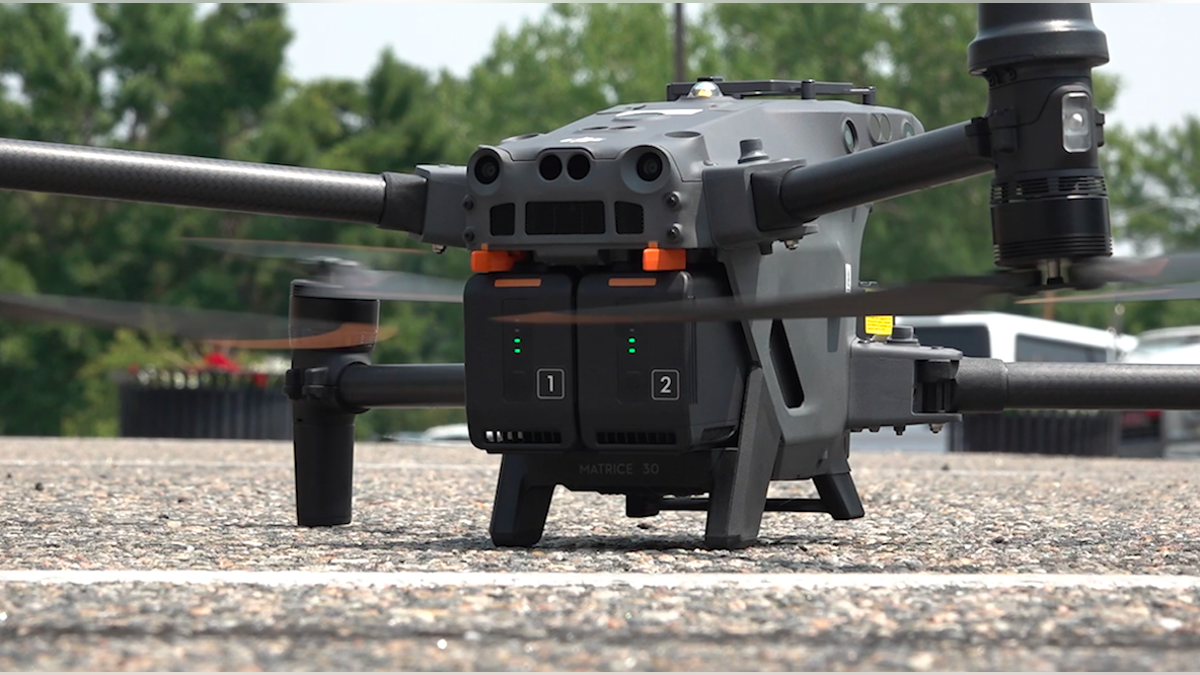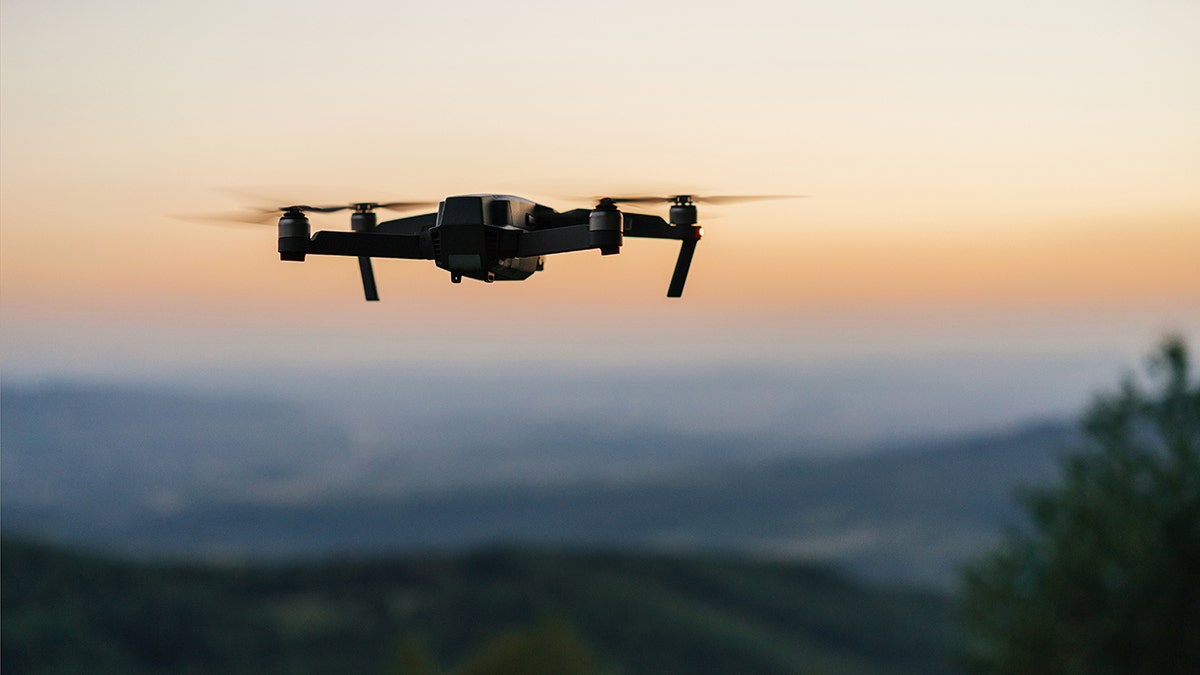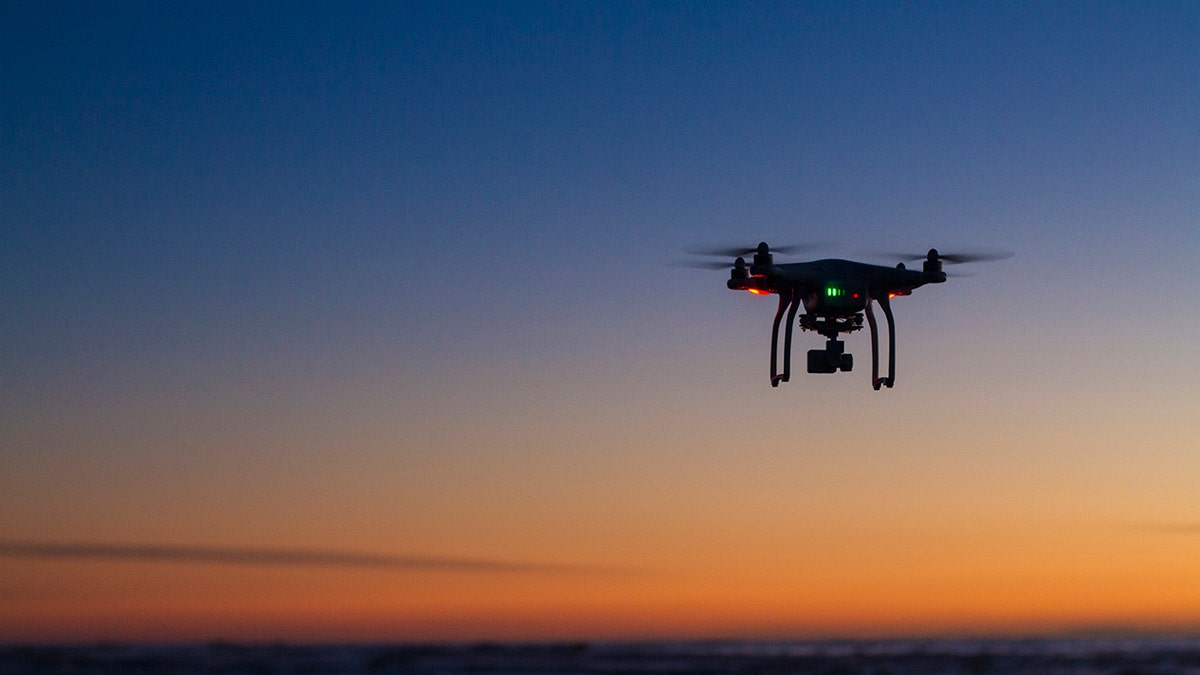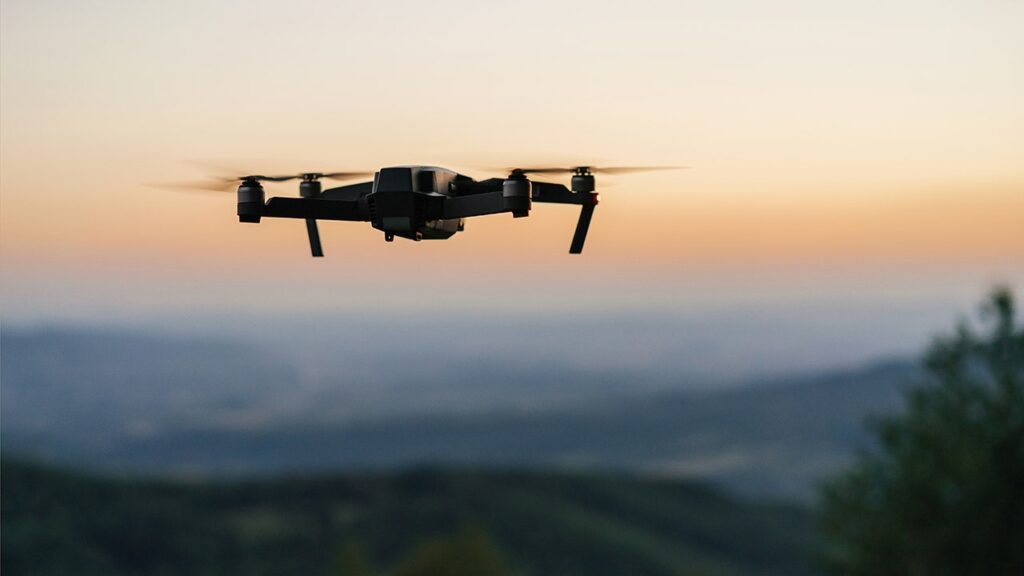A new bill moving through the Florida Senate would give homeowners the right to use “reasonable force” to take down drones infringing on their right to privacy, directly conflicting with federal airspace regulations while raising new legal questions regarding how far a person can go to defend their home from surveillance.
The bill primarily focuses on further regulating the use of unmanned aircraft systems (UAS) while broadening the scope of locations that are protected from drone flights within the state, such as airports and correctional facilities.
Notably, the bill would permit homeowners to use “reasonable force” to stop a drone from infringing on their expectation of privacy.
FOREIGN NATIONALS FLYING DRONES OVER US MILITARY SITES RAISES ‘ESPIONAGE’ CONCERN: EXPERT
“No one wants to have a drone sitting over their property, filming what they do for any number of reasons,” Florida-based attorney Raul Gastesi told Fox News Digital. “Almost every state has laws on privacy, including drones. I can’t say that I’ve seen one where it allows for self-help.”
The bill highlights a legal gray area surrounding the rights of homeowners and drone pilots. Under federal law, it is legal to fly a drone over private residential areas if the drone remains in unrestricted airspace.
However, drone pilots operating low-flying aircraft that create a nuisance for homeowners could be prosecuted for trespassing and, in extreme cases, stalking.
MYSTERY DRONES COULD BE IDENTIFIED FASTER USING NEW DETECTION TOOL, BUT FAA LACKS RESOURCES

A 2024 Florida statute titled the “Freedom from Unwarranted Surveillance Act” prohibits drone operators from using an aircraft to take photos or videos of private property, citing a person’s right to privacy. However, it does not address using drones to gather a live view of a person’s property.
“I would include an image device to view or record an image of private property with the intent to conduct surveillance in violation of the person’s reasonable expectation of privacy,” Gastesi said. “If I’m at a park and I’m playing baseball with my kids, and somebody takes up a drone just to show what’s going on in the park, do I really have an expectation of privacy? But if my daughters are sunbathing in the pool behind my house, I have an expectation of privacy.”
If passed, the bill would allow homeowners to take matters into their own hands if a drone is spotted over their property, but does not specify what constitutes “reasonable force,” raising red flags that could force a showdown between Florida law and the Federal Aviation Administration (FAA).
CUTTING-EDGE DRONE TECH MAPS LAND AND WATER WITH LASER ACCURACY

Currently, federal law prohibits anyone from tampering with an aircraft while it is in the air, with violators facing hefty fines and up to five years in jail.
“It’s illegal under federal law to shoot at an aircraft,” the FAA said in a statement to Fox News Digital. “A private citizen shooting at any aircraft – including unmanned aircraft – poses a significant safety hazard.”
The FAA declined to comment on the bill, citing the department’s inability to comment on pending legislation.
The bill’s sponsor, state Sen. Keith L. Truenow, R-FL, did not immediately respond to Fox News Digital’s request for comment.
The bill would directly conflict with federal law, opening the door for homeowners to face confusion regarding what is permitted.
DRONE MYSTERY: NEW JERSEY HOMEOWNERS THREATEN TO TAKE MATTERS INTO THEIR OWN HANDS IF GOVERNMENT DOESN’T ACT

“There are certain things that are permissible under state law that are not permitted by federal law,” Gastesi said. “Just because your state says you can do it, doesn’t mean the federal government won’t prosecute you for it.”
The FAA also cites the possible safety hazards that come with interfering with drone flights, especially over populated areas.
“An unmanned aircraft hit by gunfire could crash, causing damage to persons or property on the ground, or it could collide with other objects in the air,” the FAA said in a statement to Fox News Digital. “Shooting at an unmanned aircraft could result in a civil penalty from the FAA and criminal charges from federal, state or local law enforcement.”
DUFFY CONTRASTS BIDEN-ERA ‘DRONE FIASCO’ WITH TRUMP ADMIN’S ‘RADICAL TRANSPARENCY’ AFTER FAA ANNOUNCES TESTING
While the bill does not explicitly legalize using a firearm to take down a nosy drone, Gastesi believes the possibility could have dangerous consequences, since everything that goes up, must come down.
“The discharge or the use of the device is not as dangerous as the consequences, which is with [the drone] falling,” Gastesi told Fox News Digital. “Florida has strict gun laws as far as discharging a weapon in a residential area [and] over residential neighborhoods.
“But if you use it the wrong way, you can kill people and go to jail for a long time.”
State law prohibits firing a gun in local neighborhoods, with the exception being for self-defense. However, Gastesi does not believe using a firearm to shoot down a drone would qualify.
“Are you defending property when you are taking down a drone,” Gastesi said. “I think you’re defending your right to privacy. I don’t necessarily think that you’re defending property. It would be an argument to somebody charged with that crime that they’re defending their property, [but] the way the statute’s written, I don’t think it would prevail. It’s very concerning, giving people rights to discharge firearms in open spaces in public is really concerning and I don’t know how my fellow Floridians are going to react to something like this.”
The first-of-its-kind bill focuses on growing unease throughout the country as drone sightings become more frequent, and could usher in a flurry of similar legislation from additional states as lawmakers race to keep up with evolving technology.
“There’s going to be other states that are going to follow suit, I believe it,” Gastesi said. “Especially the states with the most liberal gun laws, states that have open carry; I am sure they are going to pass it.”
The bill has sailed through various committees largely uncontested and is currently scheduled to be considered by the Florida Senate. If passed, it would go into effect in October 2025.
Read the full article here
